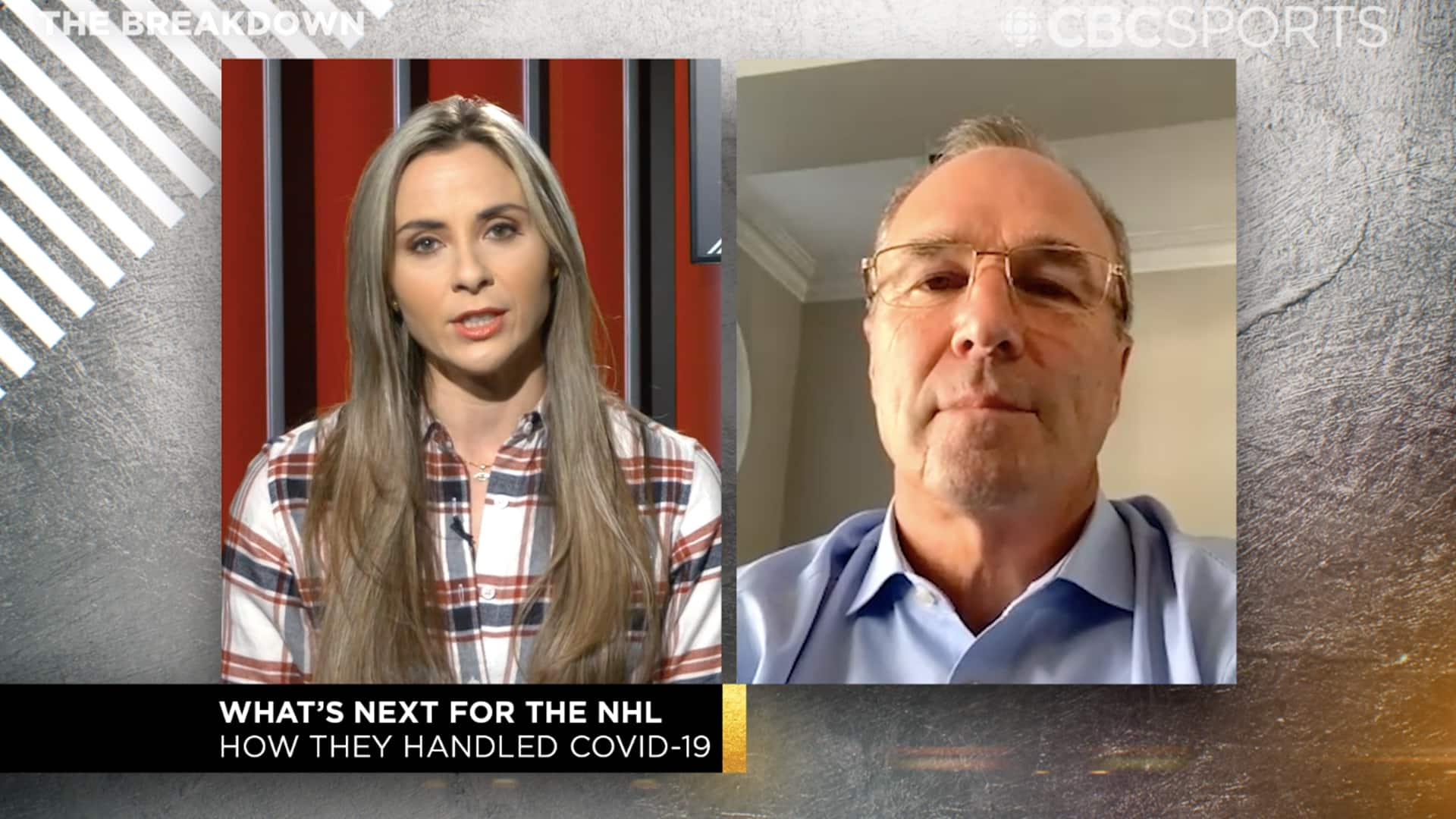Why COVID-19 vaccine likely won’t get fans back in NHL arenas anytime soon
[ad_1]
The development of two potential COVID-19 vaccines could be a major assist in the battle against the coronavirus, but they might not be a game changer when it comes to NHL fans being able to return to arenas in the near future.
Dr. Susy Hota, medical director of infection prevention and control and infectious diseases specialist at the University Health Network in Toronto, said even if a vaccine becomes available early in the new year, it will take several months for enough of the population to be vaccinated.
“In order for there to be some kind of a herd immunity effect from vaccination … you still need about 85 per cent coverage in the population for it to really be helpful,” said Hota, who also is an associate professor in the department of medicine at the University of Toronto.
“I think we do have to mentally prepare ourselves, I’d say, for at least a year to try and roll out the vaccine and feel like you’ve got coverage to a point where it’s more protective on a population level.”
Pharmaceutical companies Moderna and Pfizer have both said their vaccine candidates are at least 90 per cent effective in preventing a COVID-19 infection.
But until an adequate level of protection is reached, Hota believes gatherings like crowds attending sporting events should be restricted.
“I think the goal would be to minimize and keep the sort of two-metre distancing as much as possible between people included in the stadium,” she said. “So that does limit the overall capacity quite a bit.”
WATCH | NHL analyst Dave Poulin discusses NHL’s next steps:
The NHL had zero cases in the bubble during the 2020 Stanley Cup Playoffs, but what’s next for the league? Andi Petrillo speaks with NHL analyst Dave Poulin. 6:03
NHL commissioner Gary Bettman has said the league hopes to return Jan. 1 and wants to play a full 82-game season with fans in arenas. League officials have also said they must be flexible in their planning and the format used to begin the season might change over time.
According to Statista.com, an NHL team will lose nearly $1.5 million US in ticket sales and revenue generated from food and beverage for each home game played before empty seats.
One return to play possibility for the NHL is dividing the league into four regional divisions, including one featuring the seven Canadian teams.
The divisional teams could travel to a hub city for a series of games then return home. Another scenario could see a team like Vancouver fly east and play two or three games over a week in Montreal.
Financial challenges loom
David Legg, a professor of sports management at Mount Royal University in Calgary, said a vaccine that allows some fans into buildings won’t cure the NHL’s financial problems.
Like other businesses trying to stay afloat during the pandemic, NHL teams hosting games will have to be creative in their ticket pricing and food services.
“Every business is thinking that way,” said Legg. “They’re trying to think about ways to kind of engender loyalty to the brand, even though they might take a financial hit this year.
“From a long-game perspective, you want to ensure that fans enjoy themselves. Maybe they price food and beverages less than they normally would, knowing they’re going to take a hit financially short term, but long term they are going to generate fan loyalty.”
Even with a vaccine, it’s “a total crapshoot” how many fans will want to attend games, said Legg.
“That’s the great unknown,” he said. “I would suspect the majority of the people will probably wait and just kind of see how it goes. And if it seems to them it’s safe, they’ll fall in line.”

Barriers to entry
Hota said the restrictions on fans in buildings could extend into next fall.
“That might be the earliest that we could get to some point of overall vaccination rates … that would be reassuring,” she said. “I think the safest way to do it is to transition things slowly.”
Travel restrictions between Canada and the U.S. might extend into 2022, she said. Even travelling within Canada could be difficult.
“Travel means you’re crossing in jurisdictions where they may be at different stages of vaccination,” said Hota. “It’s taking into context their local transmission rates, the accessibility to vaccinations in that area.”
Another issue affecting the NHL is the hurdles the U.S. may face in vaccinating its population.
“They’re 10 times our size and they have a greater problem with COVID right now and a lot of complexities on rolling things out,” said Hota.
[ad_2]
SOURCE NEWS

